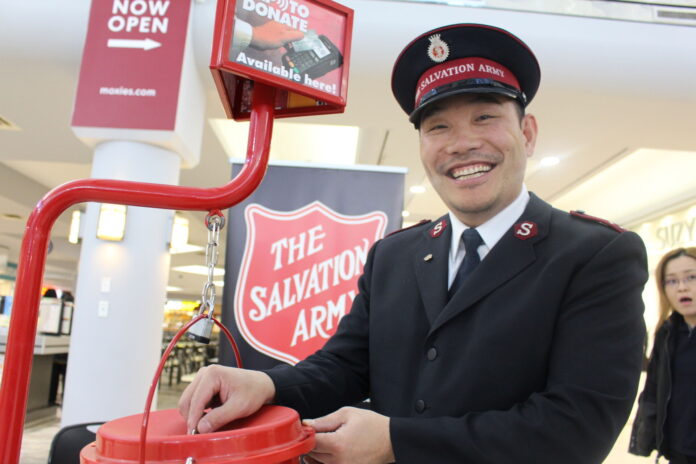Captain Peter Kim from the Grande Prairie Salvation Army is heading down to Florida this week to assist those who could be affected by Hurricane Milton.
The Category Five storm has yet to make landfall as of October 9th; however, thousands of Floridians have already been advised to evacuate and prepare for the worst.
As a result, Captain Kim will join 16 other Canadians in the relief effort to provide food, supplies, and what Kim calls one of the most vital services- emotional and spiritual care.
“We are trained in not only the food services side of things but also the emotional spiritual care and that piece is very vital when people have lost homes, have lost property, have lost even lost lives,” he says.
Kim says he got the call from headquarters early Wednesday morning. He says due to his wealth of experience in disaster relief, it was an easy choice.
“I was maybe on the top 10 list of people to go because of the many disasters that we’ve experienced here in Grande Prairie and surrounding areas, especially in the northwest with fires and floods been to most of the major disasters here in this region,” he says. “We go in there with the attitude of just being present, being able to be a shoulder to lean on and to be a listening ear for things that they’re going through,”
Still, Kim says there is an element of adventure for him ahead of the trip as this experience will be his first south of the border.
“This will actually be my first time going to a hurricane disaster, but I’ve gone to Fort McMurray, the wildfires there, up in the north area as well, floods down in Calgary and High River,” he says. “This will be my first international disaster trip, so I’m expecting the same sort of professionalism and care that we normally provide.”
Kim says the Salvation Army in Canada utilizes the same Incident Command Operations tactics as their American counterparts, so integrating into their operation should not cause any issues for him and his team.
“We follow an ICO system of management, it’s the same here in Canada as it is in the States, so we will very much be easy to integrate into their system of being able to help with disasters,” he says.
The Captain expects his trip will last between seven and 14 days, which is common practice for the Salvation Army’s disaster responses to avoid fatigue among volunteers.




